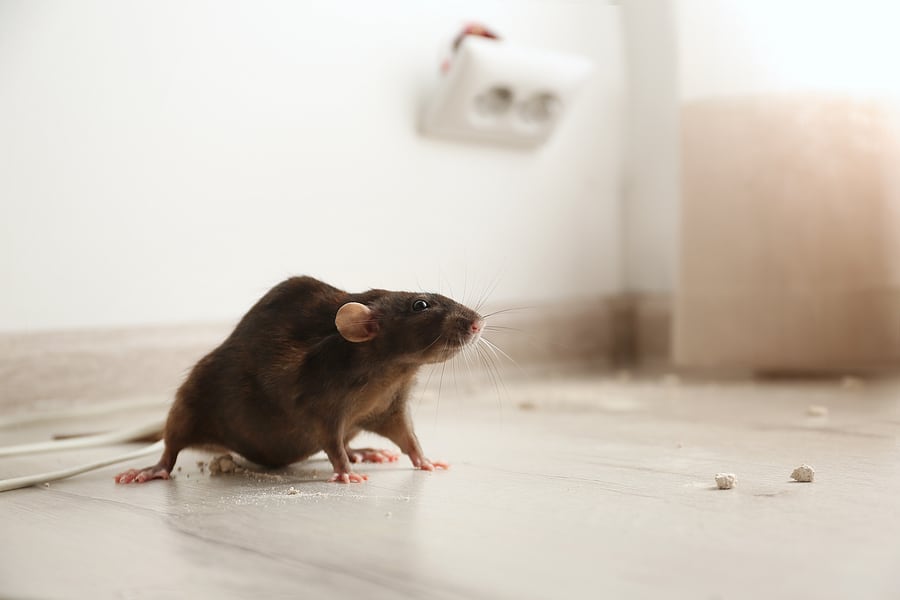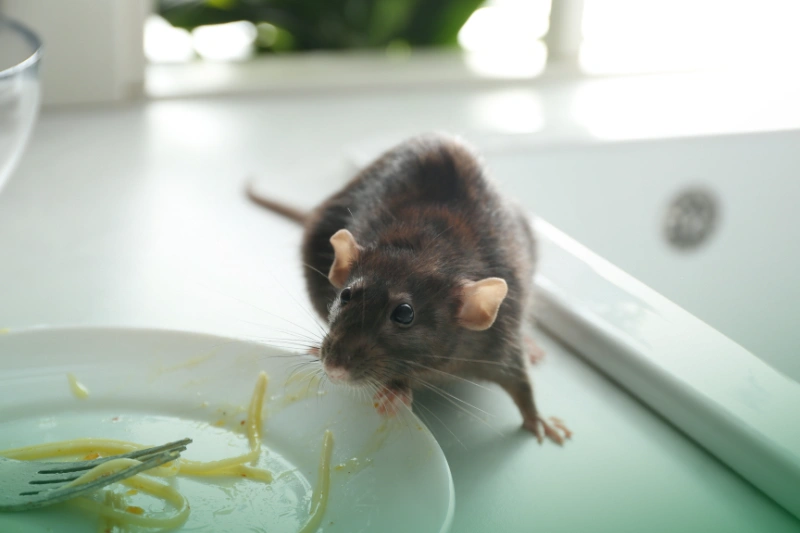Dealing with unwanted guests in your pantry can be a daunting task. The mere thought of rodents nibbling away at your food supplies is enough to send shivers down anyone's spine. However, finding a solution that is both effective and safe for your household is paramount. This is where safe pantry rodent control without poisons becomes essential. By using non-toxic methods, you can ensure the safety of your family and pets while keeping those pesky intruders at bay.
In our quest for a pest-free pantry, it's crucial to understand that not all solutions need to involve harsh chemicals or dangerous traps. There are numerous natural and humane strategies available that can help in controlling rodents without resorting to poisons. This approach not only safeguards your home environment but also aligns with a more eco-friendly lifestyle.

The Importance of a Poison-Free Approach
Choosing to implement safe pantry rodent control without poisons is not just a matter of personal preference but a decision that impacts the health and safety of your household. Using poisons in areas where food is stored poses significant health risks. Accidental ingestion by children or pets can lead to severe consequences. Additionally, poisons can contaminate food supplies, leading to potential health hazards. Therefore, adopting non-toxic methods is a wise and responsible choice.
Identifying the Signs of a Rodent Problem
Before diving into solutions, it's essential to confirm the presence of rodents in your pantry. Common signs include droppings, gnaw marks on packaging, and the presence of nesting materials. Listen for unusual noises like scratching or scurrying, especially at night. Identifying these signs early can help in implementing control measures promptly.
Natural Deterrents for a Rodent-Free Pantry
Several natural deterrents can be highly effective in keeping your pantry rodent-free. These methods allow you to maintain a safe environment without the risks associated with chemical poisons.
- Essential Oils: Certain scents, such as peppermint oil, are known to repel rodents. You can create a mixture of water and a few drops of peppermint oil and spray it in areas prone to rodent activity.
- Herbs: Placing sachets of dried rosemary or cloves in your pantry can deter rodents. The strong aroma acts as a natural repellent.
- Ultrasonic Repellents: These devices emit high-frequency sound waves that are intolerable to rodents but inaudible to humans and pets. They are an excellent non-invasive method to keep rodents away.
For more detailed information on using herbs, you can check this article on Rodent Repellents.
Sealing and Cleaning: Your First Line of Defense
Maintaining a clean and organized pantry is crucial in preventing rodent infestations. Regularly inspect your pantry for potential entry points. Seal any gaps or cracks using steel wool or caulk, as rodents can squeeze through surprisingly small openings.
Storage Solutions to Prevent Rodent Access
Proper storage of food items is vital. Use airtight containers made of glass or sturdy plastic to keep food safe from rodent access. Avoid leaving food items in their original packaging, which can be easily gnawed through by rodents.
For more ideas on how to effectively store and protect your food, visit this page on Mice Prevention.
Regular Monitoring and Maintenance
Consistent monitoring and maintenance of your pantry are key to ensuring it remains rodent-free. Set up a routine for checking potential problem areas and make adjustments as needed. This proactive approach will help you stay ahead of any rodent issues.
For more tips on maintaining a rodent-free home, explore this article on Pet-Safe Solutions.

FAQ Section
What are the benefits of using non-toxic pest control methods?
Non-toxic methods are safer for your family and pets, reduce the risk of food contamination, and are environmentally friendly.
Can essential oils really help in rodent control?
Yes, essential oils like peppermint have strong odors that rodents find unpleasant, making them effective deterrents when used correctly.
How often should I check my pantry for rodent signs?
It's advisable to inspect your pantry at least once a month for any signs of rodent activity and take immediate action if needed.
